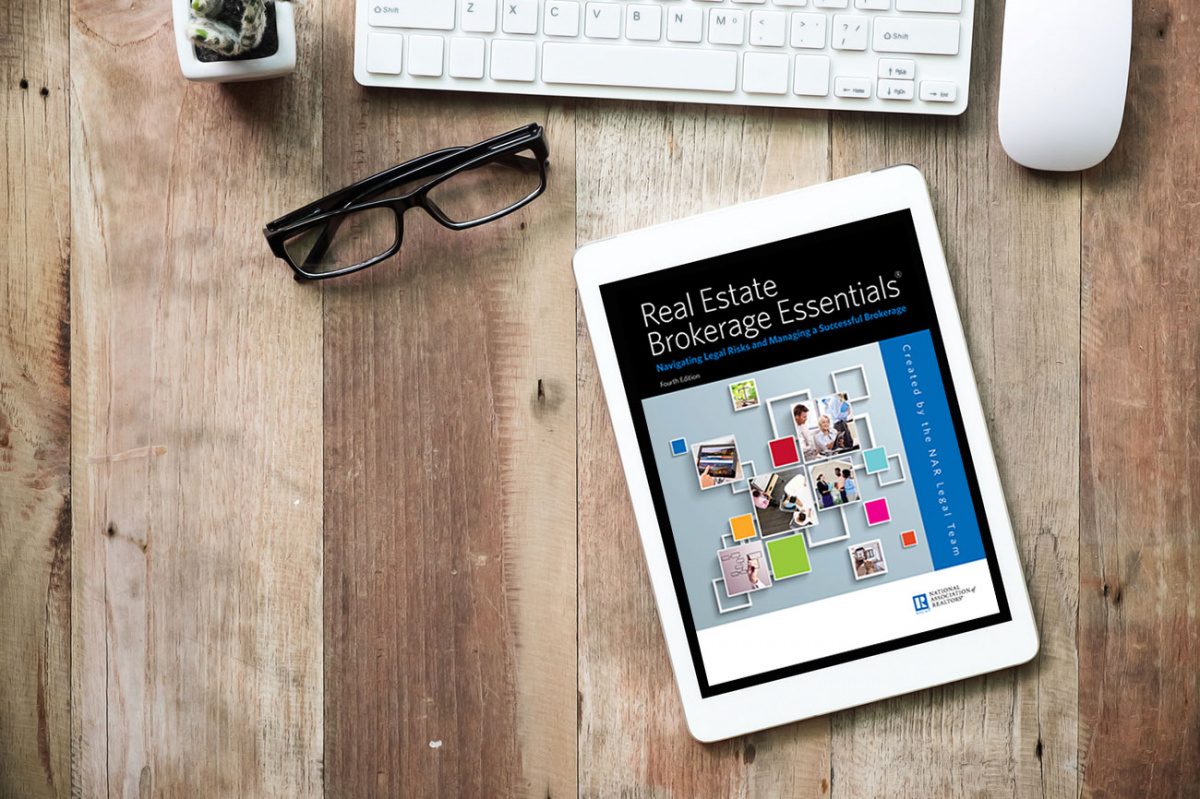Competition in Real Estate
REALTORS® help foster competition through their participation in local MLS broker marketplaces. These marketplaces help create highly competitive real estate markets that are friendly to small businesses and new market entrants. REALTORS® work together for the benefit of consumers and help ensure buyers and sellers have the greatest access, transparency and choice in their homeownership journeys. As a result, brokerages of all sizes are able to compete and provide their services to consumers, who in turn have the freedom to choose between different service models and pricing that best meet their needs.














